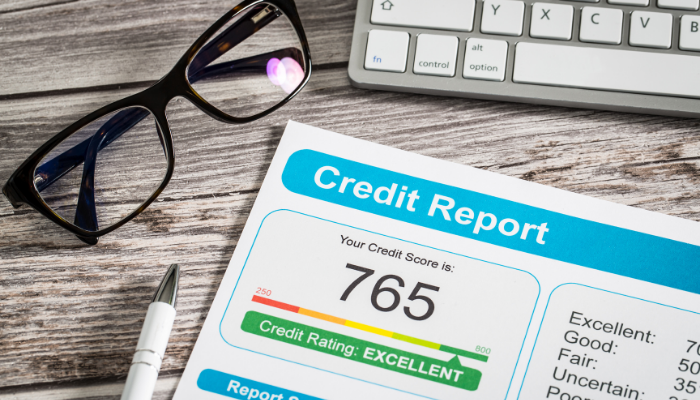
Yes and no. The actual act of factoring has no impact on your business or personal credit score as it is a transaction that does not involve credit. However, factoring can help you improve your credit score in other ways.
Personal Credit Score and Business Credit Rating
The key to building both your personal and your business credit ratings is consistency. You need to pay your bills on time and not use too much credit at any given time.
You probably know that if you have any problems on your personal credit history, or a poor credit rating, getting new credit cards or loans at decent rates is near impossible. The same holds true for businesses. Until a business has a solid credit rating, getting a loan or line of credit is near impossible.
That is why it is so common for entrepreneurs to leverage his or her personal credit during the start-up phase of their business. The business itself has no credit profile yet. Personal credit lines offer a way to raise funds to get the business up and running. But, that doesn't build the company's credit rating.
Building the Business's Credit Rating
For a business to have a credit profile, the owner needs to do a couple of things.
- Get a Duns Number. This number is issued by Dun and Bradstreet, a major credit reporting company exclusively dealing with businesses. This number acts as an identifier for potential creditors to use to view the business' open credit lines and used credit.
- Open accounts in the business name. It starts with checking and savings accounts in the business name. It includes credit cards as well as vendor, supplier, and manufacturer accounts. All of this credit gets reported to Dun and Bradstreet, creating a credit profile for the business.
This is the start of establishing the company's credit rating. But, like personal credit ratings, a company's rating can be great, good, poor, and bad. For the best opportunities, a company's rating needs to be good, moving towards great.
Using Factoring to Improve the Company's Credit Profile
How do you improve your company's credit rating? And how do you use factoring to do it?
Factoring releases the cash that you have tied up in open invoices. You get an infusion of cash just days after issuing the invoice. This helps you build credit in three ways.
- Give your company a flawless payment history. Most small companies have to wait for customers to pay to have the funds to make payments to suppliers. This often means you are making late payments and racking up late fees on top of that. With the cash you get from factoring, you can pay your invoices ahead of time. This helps improve your company's credit profile quickly.
- Improve your credibility with your vendors and suppliers. Good companies are built on good relationships. If you pay your invoices on time, or ahead of time, you are showing that you are a credible client for the companies that provide you with materials and products. This will encourage them to offer you better credit terms and give you better discounts.
- Get access to working capital without increasing your use of credit. Another part of a good credit rating is not using too much credit at any given time. Ideally, your company should not use more than 30 percent of its available credit at any given time. With factoring, you can get cash without taking out a loan or opening a new credit card.
If you want to take your business to the next level, you need to find ways of building the company's credit profile. Factoring can help you make that happen.














